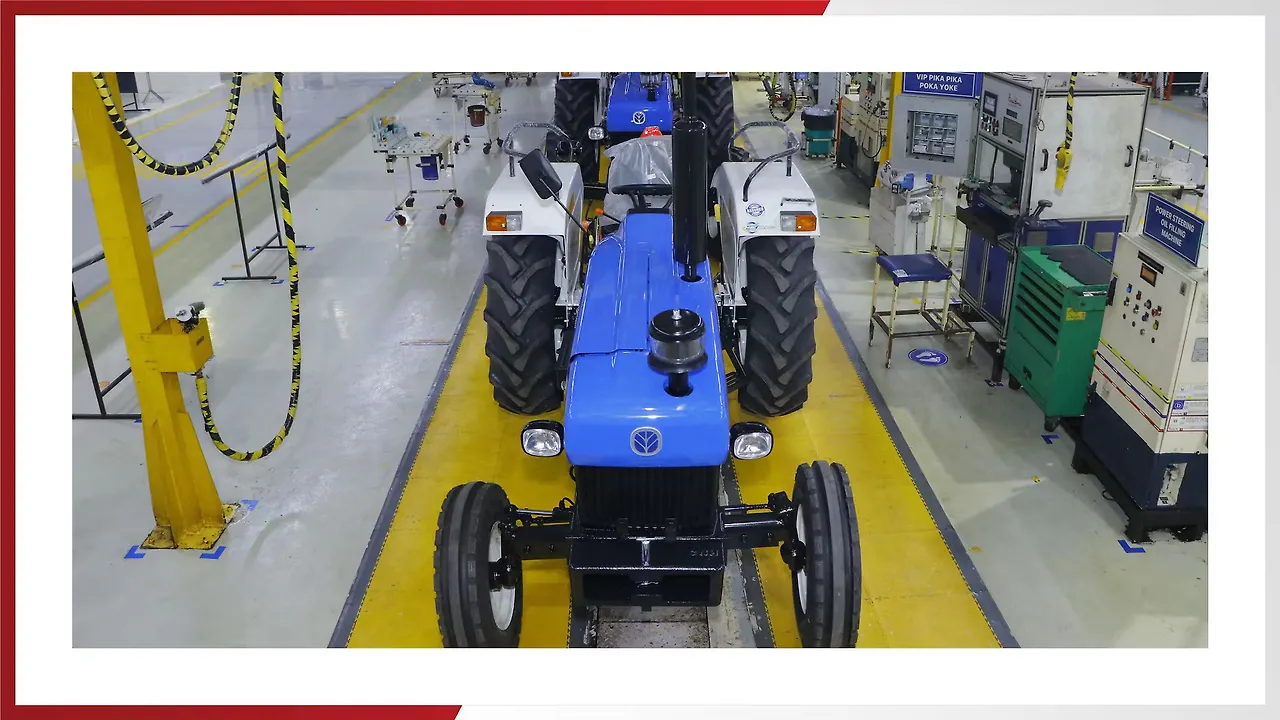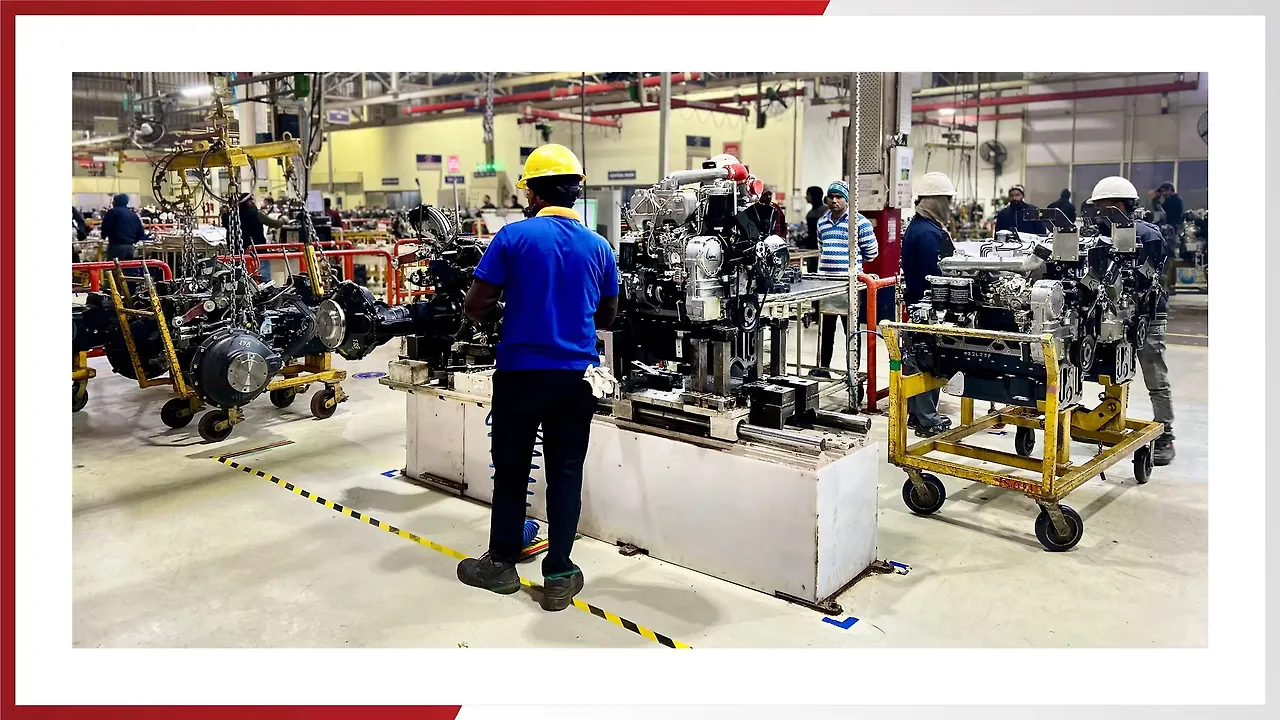
With a total of $ 23.6 billion in consolidated revenues globally, 43 manufacturing plants and retail presence in more than 170 countries, CNH is a powerhouse in agriculture and construction segments. Out of all this armada, 3 manufacturing plants are in India backed by 3400 employees, along with 7 R&D centres of the 40 worldwide innovating in India.
Narinder Mittal, Country Manager & Managing Director of Agriculture Business at CNH India & SAARC, stands at the forefront of revolutionising the Indian tractor business. In an insightful discussion, Mittal provided a comprehensive overview of CNH's rich history, its global footprint and the strategic vision driving its operations.
Success In India
The company covers diverse segments – 71% in agriculture, 26% in construction and 3% is attributed to financial services for Indian farmers. The portfolio includes tractors, harvesters, crop residue management (balers, rake) loaders, compactors and excavators. New Holland as a brand was released in 1998, and has released more than 675,000 tractors in the country. Back when the plant was commissioned in 1998 in a JV with Ford Escorts, the company produced higher output tractors above the 70HP range. Understanding that the market demanded smaller and more efficient tractors, 2001 saw the release of lower output 42HP tractors for the Indian market. The India Technology Centre (ITC), established in 2022, further strengthens CNH's global product development.

Agricultural Challenges
“Despite being one of the largest tractor markets globally and with so much agricultural potential, the mechanisation level remains comparatively low,” said Mittal. With a shift in workforce dynamics and a push from the government towards sustainable practices, CNH sees an opportunity to drive innovation and mechanisation in the sector. CNH also observes that agricultural employment is falling in India, from 72% in 1980 to 60% in 2000 and 43% in 2022. This number is likely to fall to 25% in the coming couple of decades.
Environmental Initiatives
CNH has taken proactive steps to address environmental concerns, especially stubble burning. Initiatives such as promoting balers and supporting biomass pellets align with the government's goals for cleaner energy and reduced pollution. These goals include use of 5% biofuels in coal-fired thermal power plants, 5000 CBG plants by 2026 under Sustainable Alternative to Affordable Transport (SATAT mission) and 12 bio refineries by 2026.
India has over 750 million tonnes of crop residue annually. With balers, which can process up to 40 acres of land per day, CNH was able to retail 50 baler sets in 2023, wherein each baler set costs about INR 2 crore. CNH already has 40% market share in the small baler business and is the only player in the big baler segment in India.
Mittal shared success stories from Punjab where CNH's efforts have significantly contributed to mitigating stubble burning. However, he also mentioned that awareness of the efficacy of balers is still a roadblock. Community programmes and Government collaborations will further promote the cause to stop stubble burning and enhance the use of crop residue management (CRM) technology.
New Plant
With the sugarcane industry growing quickly, the brand’s major focus is maximising localisation. CNH’s new engine manufacturing facility will be starting production in a months’ time. Located in the vicinity of the greater Noida plant, it will enable the brand to achieve 90% localisation for tractors by mid-June of 2024. The new engines will be ready for use with alternative fuels as well. Further investments are being made in the small and large balers segments as well.

Another upcoming tool to increase efficiency is the use of connected GPS-based services in the agriculture and construction industry. CNH will be quipping its vehicles with such technology by borrowing best practices from their international development teams for domestic enhancement. Lower cost telematics devices have been locally sourced and all these New Holland tractors will come equipped with them.
In concluding remarks, Narinder Mittal reiterated CNH's dedication to supporting India's agricultural growth, emphasising the company's role in the nation's journey towards a $5 trillion economy. With a strong legacy, global expertise and a forward-looking vision, CNH is poised to shape the future of agriculture in India.
Also Read